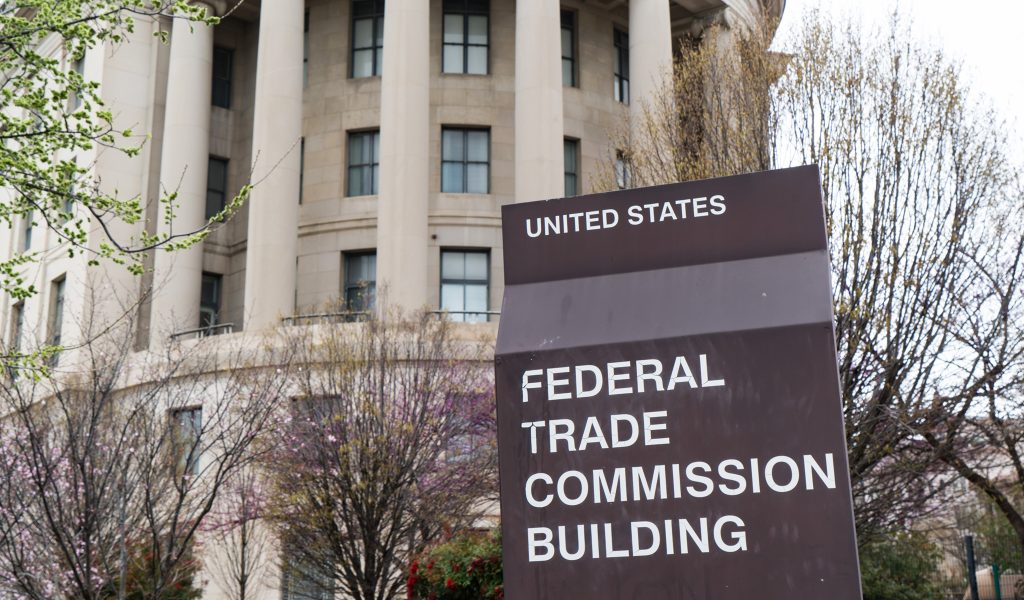Why do retailers accept credit cards and debit cards? It’s sad such a facile question requires asking, but at a time when fees associated with credit and debit usage are being demonized as “junk,” facile notions must be addressed.
Getting right to the point, retailers accept credit and debit cards because they’re advantageous to retailers. In accepting cards, whether debit or credit, retailers are availing themselves of the enormous benefits that come from having financial institutions finance the purchases of their customers.
In contemplating this, please then stop and consider how much more commerce is enabled for retailers since outside entities are financing the transactions of those coming into their businesses. “Charge it” means customers aren’t limited by what’s in their pockets, which means the ability of retailers to move goods and services isn’t solely limited by what’s in the wallets of those coming in the door. Only for the story to get even better.
How soon some forget that time is money. Credit and debit cards make retailers money by virtue of their speed of use reducing the amount of time required to serve each customer. Happy customers are repeat customers, and fast-moving lines are the stuff of happy customers.
After which, precisely because credit and debit card companies are in the business of providing purchasing services to cardholders (debit cards are the primary way that individuals interact with their money, for instance), retailers are afforded the luxury of narrow specialization (yes, serving the customer) over having to play not just salesperson, adviser, and sounding board, but also banker. And in playing banker, retailers would have to play the proverbial cop in deducing not just whether or not the buyer has enough money in his or her account to purchase on debit, but, much more challenging, whether or not to extend credit (and how much) to the buyer.
Considering just the costs alone of playing banker and creditor, is it any wonder yet again that retailers not only accept credit and debit cards, but are increasingly moving in the cashless direction altogether? Credit card and debit card issuers are providing abundant services to retailers that vastly improve the quality of their business by enabling them to run their business while outsourcing the finance part.
Of course, evidence of how much credit and debit card issuers enhance the proverbial bottom line of retailers can be found in their growing acceptance by – yes – retailers. If they were a money loser, or if their customers preferred cash over credit/debit transactions, logic dictates that retailers would abide their wishes.
All of which raises the obvious question of why retailers aren’t pushing back against the “junk fee” narrative. Underlying the latter is the notion that credit and debit card companies are overcharging for swipe fees, and as such, government should step in to limit what they can charge. Sorry, but the presumed basis for government intervention is contradicted by the broad acceptance of debit and credit cards in the first place.
If in fact their usage were a cost burden for retailers, this would show up in growing refusal of cards in favor of cash despite some of the obvious demerits of cash mentioned above. Instead, retailers eagerly accept and take credit/debit cards because they once again aid them in their pursuit of profitable transacting. And just as retailers mark up their products and services, so do credit and debit card companies tack on a fee in return for providing essential services to retailers.
Just don’t call fees associated with card usage “junk.” What frees retailers to specialize is the opposite of junk. Let’s call “junk fees” what they are: essential service fees.
Republished from RealClear Markets








